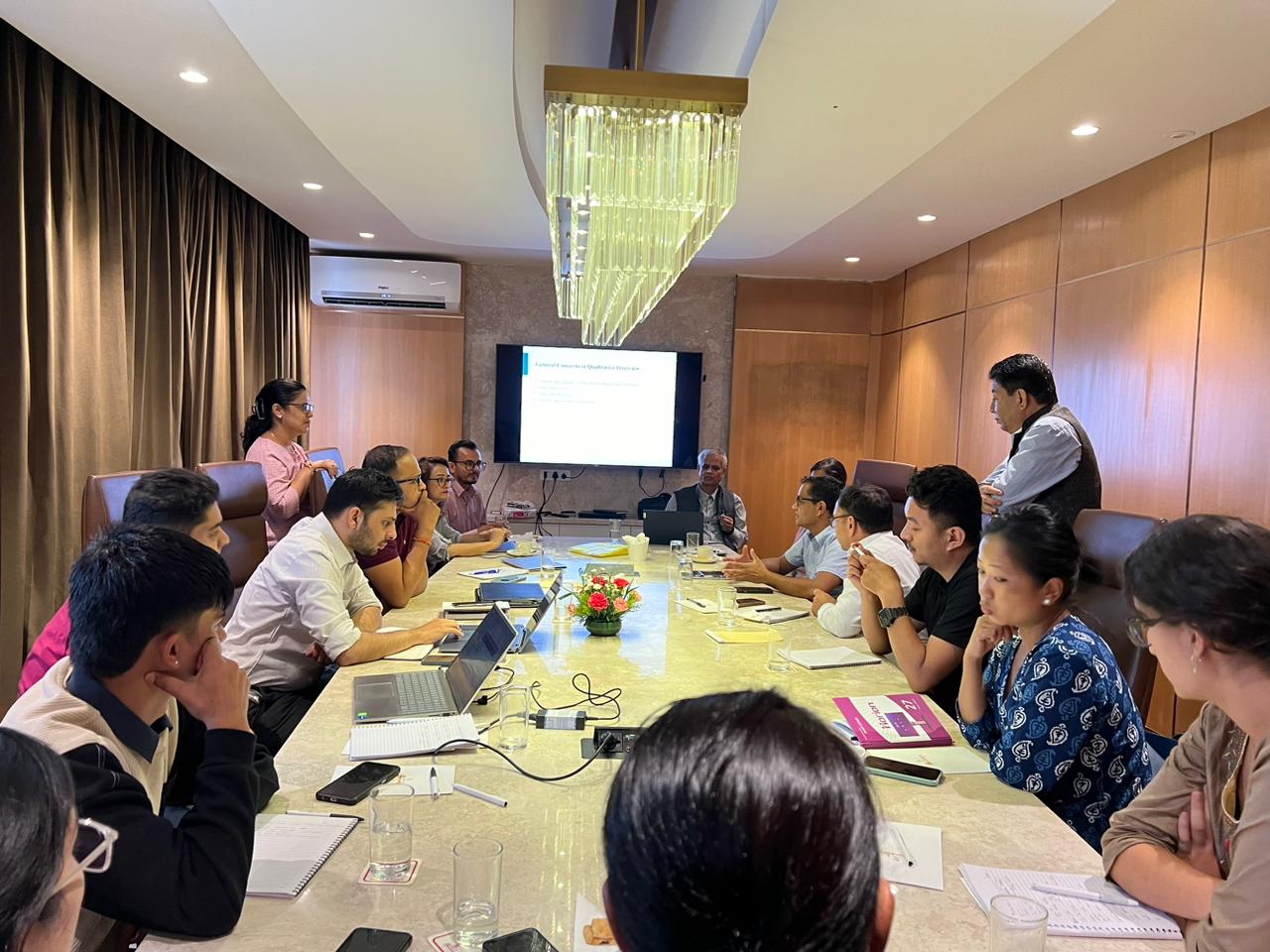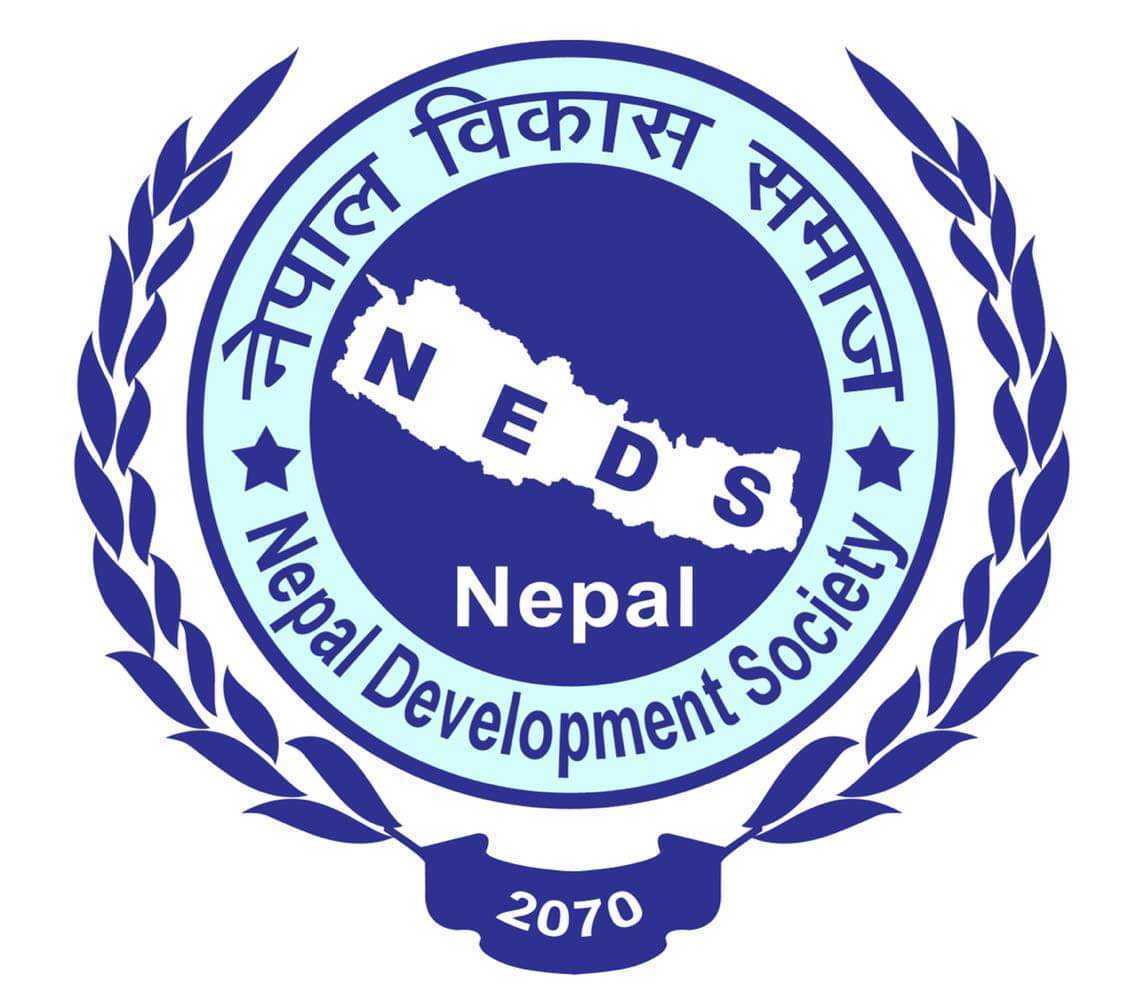Qualitative Research Training
Nepal Development Society (NeDS) with the funding support of US state department had implemented the project namely Intervention Development Research for Trafficked Nepali Labor Migrants (ENSURE Nepal). From August 21 to 23, 2024, Nepal Development Society conducted a three (3) days interactive and participatory training program, combining theoretical learning with practical session to ensure that research assistants (RAs) are well-prepared for their roles in the ENSURE project.
Experts from various consortium partner from Johns Hopkins University (JHU) Bloomberg school of Public Health, Bournemouth University (BU) and expert dedicated to qualitative from NeDS delivered significant portion on the training focusing on different types of interviews such as semi-structured, structured, and in-depth interviews with the purpose to orient participants about effective interviewing techniques, including rapport building, active listening, handling sensitive topics, and research methods which are crucial for gathering reliable data.
The session commenced with a structured presentation with interactive discussions to ensure a comprehensive learning experience.
the sessions began with an introduction to the Nepal Development Society (NeDS) and the ENSURE project, delivered through PowerPoint presentations. These presentations familiarized participants with the organization’s mission and the project’s goals. Later sessions on qualitative interviews and human-centered research introduced ethical interviewing techniques, emphasizing rapport-building, informed consent, and participant safety. Discussions followed each presentation, allowing participants to engage with real-world examples and share insights from their field experiences.


Second day started with practical aspects of labor migration and the research process. A presentation on the context of Nepalese labor migration explored key issues such as forced labor and trafficking. The afternoon session covered conducting interviews for the ENSURE project, addressing consent procedures, and data safety. Participants worked through these topics in detail, engaging in discussions on maintaining ethical standards during fieldwork.
Last day of training focused on hands-on practice with mock interviews and the and data collection tools. Participants conducted peer interviews, receiving feedback to improve their skills. The training concluded with reflections on the learning outcomes, group discussions, and an overall evaluation, reinforcing the knowledge and skills gained throughout the workshop.
